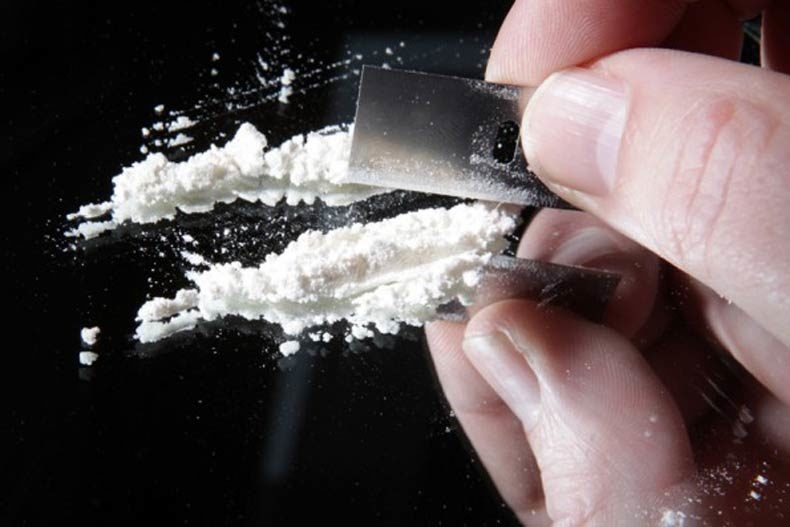If you’ve watched popular TV shows like The Wire or Breaking Bad, you may have an idea of what drug trafficking entails. However, Canadian law has its own definition of drug trafficking, which encompasses more than just selling drugs for profit. According to Section 2(1) of The Controlled Drugs and Substances Act, drug trafficking includes various activities such as selling, administering, giving, transferring, transporting, sending, or delivering a controlled substance, as well as selling an authorization to obtain the substance, or offering to do any of these actions.
It’s important to note that drug trafficking can also apply to scenarios that may seem innocent, such as sharing a joint with someone at a party. In fact, a landmark case, R v Creighton, [1993] 3 SCR 3, dealt with an accused who injected cocaine into the forearm of his friend, resulting in her death due to a cardiac arrest and asphyxiation from the contents of her stomach. The Supreme Court of Canada ruled that by injecting his friend, the accused had committed the unlawful act of trafficking, and he was found guilty of manslaughter.
In Canada, illegal drugs that fall under the category of drug trafficking include crack, cocaine, heroin, crystal meth, ecstasy, ice, speed, fentanyl, LSD, psilocybin, mescaline, barbiturates, benzodiazepines, and anabolic steroids. Drug trafficking convictions typically carry severe penalties, including long custodial sentences, unless there are exceptional circumstances.
The penalties for drug trafficking under the Controlled Drugs and Substances Act depend on the type of drugs involved:
- “Hard Drugs,” which include substances like opium, opioids, cocaine, amphetamines, meth, ketamine, and ecstasy, can result in a maximum life sentence, and in certain circumstances, a minimum sentence of 1 or 2 years in jail.
- Hallucinogens, such as LSD, psilocybin, DMT, and mescaline, can lead to a maximum sentence of 10 years in jail.
- Pharmaceuticals, including barbiturates, benzodiazepines, diazepam, alprazolam, temazepam, and anabolic steroids, can result in a maximum sentence of 3 years in jail.
It’s also important to note that apart from trafficking or possession for the purpose of trafficking, there are also charges for importing, exporting, and production of drugs, which carry their own penalties. Some of these offences have mandatory minimum sentences, and others have minimums depending on the circumstances of the offence.
If you are facing drug trafficking charges in Canada, it is crucial to seek legal advice from a qualified criminal defense lawyer who is experienced in dealing with drug-related offences. Understanding the intricacies of Canadian drug trafficking laws and the potential consequences can greatly impact your defense strategy and the outcome of your case.

